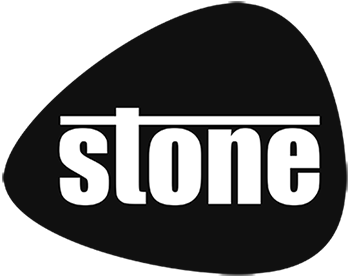
Legal technology sponsored briefing: Four ways to slash IT support costs
Stone Group’s Paul Flack explains how to reduce maintenance costs without sacrificing support quality How much are you spending to…

Stone Group’s Paul Flack explains how to reduce maintenance costs without sacrificing support quality How much are you spending to…

Andrew Stanton of Palisade Secure outlines the steps law firms should be taking to reduce threats According to a…

Brian Stuart of FTI Consulting details the challenges facing legal teams and how they can be overcome Technology in…

It is no secret speech recognition is a valuable channel to drive efficiency and advance your firm’s performance Artificial…

Andrew Pimlott of FTI Consulting discusses the current sanctions landscape A volatile political landscape makes compliance a challenge, especially…

MoloLamken’s Robert Kry examines the state of the law governing enforcement of arbitral awards in the US The US finds…
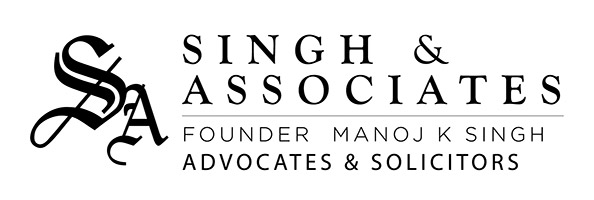
The Indian courts are proposing new amendments to legislation surrounding arbitration in India to encourage a positive pro-arbitration approach The…

The Paris courts aim to strengthen France’s appeal as a centre for litigation post-Brexit Paris has long been positioned as…

PalisadeSECURE’s Luke Drewer discusses the increased threat of cyber attacks and how law firms should be protecting themselves There is…

Herbert Smith Freehills reports on evidence that technology and collaboration should drive a new approach to dispute resolution Herbert Smith…

In the wake of several high-profile attacks on law firms, Kaspersky Lab’s principle security researcher David Emm describes key ways…
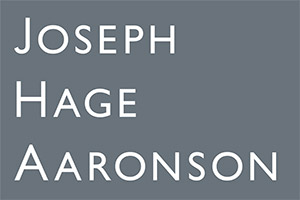
Disputes specialist Joseph Hage Aaronson has achieved extraordinary results in a market packed with high achievers. Here’s everything you need…


As cyber crime continues to hit the headlines English courts are starting to adapt the traditional remedies used to tackle…

With GDPR now the new reality, Andrew Elcock from Xynomix explores how to encrypt and secure your data In 2017,…

Hardwicke’s David Lewis and Emma Hynes assess the duty of good faith in a classic relational contract following the recent…

Andrew Whiteley explains how Lexacom’s latest innovations in speech recognition can provide solutions to law firms Lexacom is an advanced…
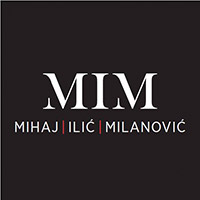
Senka Mihaj, Nemanja Ilić and Marko Milanović of Mihaj, Ilić & Milanović explain the advantages of carrying out arbitration proceedings…
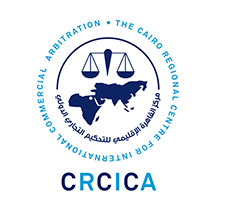
Ismail Selim and Dalia Hussein of The Cairo Regional Centre for International Commercial Arbitration provide a detailed breakdown of the…
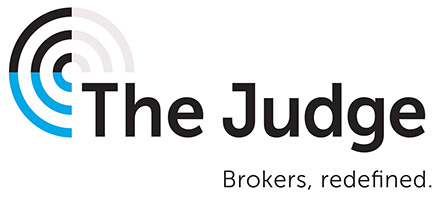
As third-party funding becomes increasingly mainstream, this article highlights the importance of considering both funding and insurance when looking for…